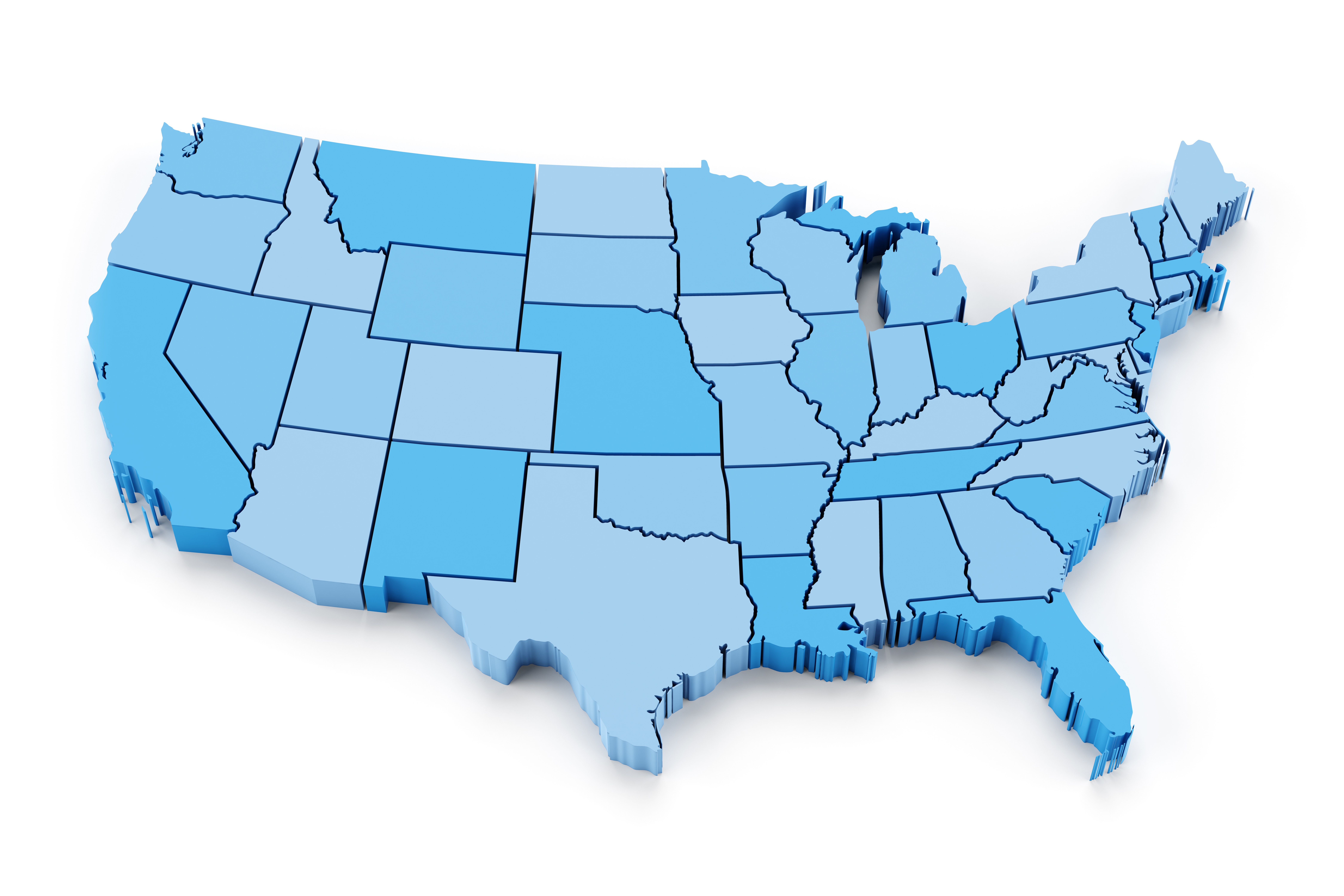Have you wanted to work in another state, but the process was too hard? The PT Compact is an agreement that makes this process easier. Read our list of everything you need to know about PT Compact states.

What Is the PT Compact?
The PT compact is a new (and seemingly easier) way for physical therapists and physical therapist assistants to work in multiple states. A “compact” is a contract between states. In this case, the PT compact states have an agreement regarding physical therapy. The goal for the compact is to “improve physical therapy services for the public.” The American Physical Therapy Association is in full support of the compact since 2014. In order to work in another state that is not your home state, you need a compact privilege. Once you receive this privilege, you can legally work in another state within the compact. A holder of a compact privilege can practice whatever type of physical therapy in the remote state that they practice in their home state. This can range from in-person therapy to telehealth.
Which states are PT Compact states?
Right now, there are 13 member states. There are 12 states that are enacting legislation but have not yet accepted or issued compact privileges. Legislation has been introduced in five other states. The states that are currently in the compact are Oregon, Utah, Arizona, Colorado, North Dakota, Nebraska, Iowa, Missouri, Texas, Mississippi, Kentucky, Tennessee, and New Hampshire. To see where in the legislation process your state is, visit the helpful compact map.
How to apply to the PT Compact:
Once you have determined that your state is in the compact, you can apply. The application is found online and can be processed in minutes. This application is for what is called a “compact privilege.” In order to work in another state that is not your home state, you need a compact privilege. Once you receive this privilege, you can legally work in another state within the compact. You do need separate compact privileges for each state in which you want to work. The privilege is not a multi-state license. You do not need to have worked a minimum amount of time in your field to earn a privilege. You will need to confirm your permanent residence when applying. This could be in the form of a driver’s license or another proof of residency. There are special circumstances regarding residency for active duty military and their spouses. You cannot use a compact privilege to work in your home state. You must still have a regular PT license. Once you begin the application, there are a few materials that you will need. First, you will need your FSBPT ID number and password. You will also need your driver’s license or proof of residency. The fee for a privilege ranges from $45 to $195, depending on the state.
Eligibility According to ptcompact.org:
- Your home state must be a member of the PT compact and actively issuing compact privileges
- You must hold a valid PT or PTA license in your home state
- You must have no active encumbrances on any of your licenses. Ptcompact.org defines encumbrances as “any action taken by the licensing board that limits the practice or work of the physical therapist.”
- You must have no disciplinary action against your license for a period of two years
- The state for which you are applying to work is a PT Compact state
Now that you have all of the information, it’s time to find your dream job in another state! Whether your state is part of the compact or pending legislation, it is never too early to begin your job search. Non-member states are becoming PT compact states rapidly and you should have a job in mind when they do! Browse our different jobs to find the perfect PT or PTA opportunity.
